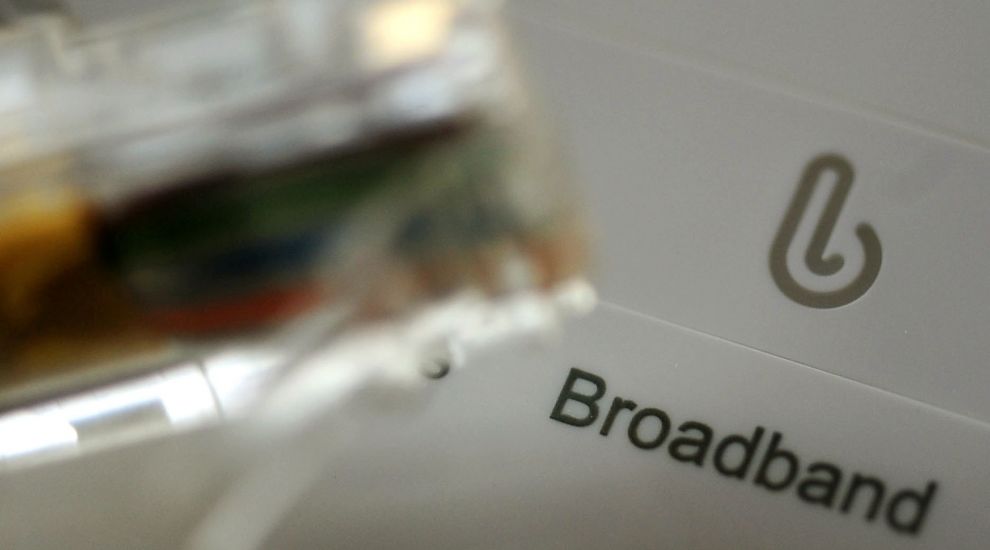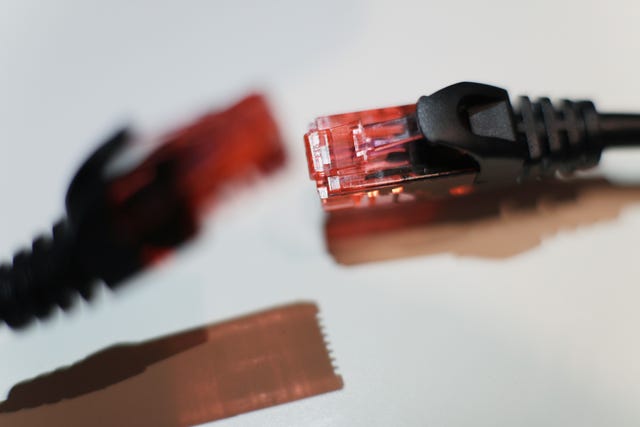
Rural Scotland and Wales remain the worst areas in the country for average broadband connection speeds, but parts of central London and Kent also struggle, new research from consumer group Which? suggests.
The Orkney Islands, Allerdale in Cumbria and the Shetland Islands were named as the areas with the lowest average speed, but Tower Hamlets and Westminster in London, as well as Tunbridge Wells and Canterbury, were also named as slower areas.

However, Which? said some households could get faster internet and save money by switching to a better package, and research last year by regulator Ofcom said half of British households could upgrade to faster connectivity now if they wished.
The regulator said in December that more than 90% of households and businesses could now access superfast broadband, but fewer than half have taken it up.
In the latest Which? study, Broxbourne in Hertfordshire was named the fastest area, with average speeds clocked at 32.5 megabits per second (Mbps) – considered superfast by both the Government and Ofcom, who class superfast broadband as speeds over 24Mbps and 30Mbps respectively.

In contrast, the average speed for the Orkney Islands was 3Mbps, the study claims.
It also clocked the average speed in Tower Hamlets as 10.1Mbps, 10.8Mbps in Westminster, 11.4Mbps in Tunbridge Wells and 11.5Mbps in Canterbury.
The Government has pledged to ensure a bare minimum connection speed of at least 10Mbps across the country by 2020.

Alex Neill, Which? managing director of home products and services said: “Having a good broadband connection is a basic requirement for many important everyday tasks, so it is unacceptable that millions of people around the country are still struggling to get what they need.
“The Government and the regulator must now press ahead with plans to provide a bare minimum connection speed of 10 Megabits in every household and make sure that no-one is at a disadvantage because of where they live.”
The consumer group said that broadband users in some of the worst areas may find it difficult to carry out tasks such as online banking or use streaming services such as Netflix or BBC iPlayer.

A spokesman for the Department for Digital, Culture, Media and Sport said: “The vast majority of homes and businesses in the places listed by Which? are able to upgrade to a faster connection if they choose to as a result of the UK Government’s rollout of superfast broadband.
“More than 95% of the UK can now get superfast speeds, and this year we are making fast broadband a legal right so that no-one is left behind.”